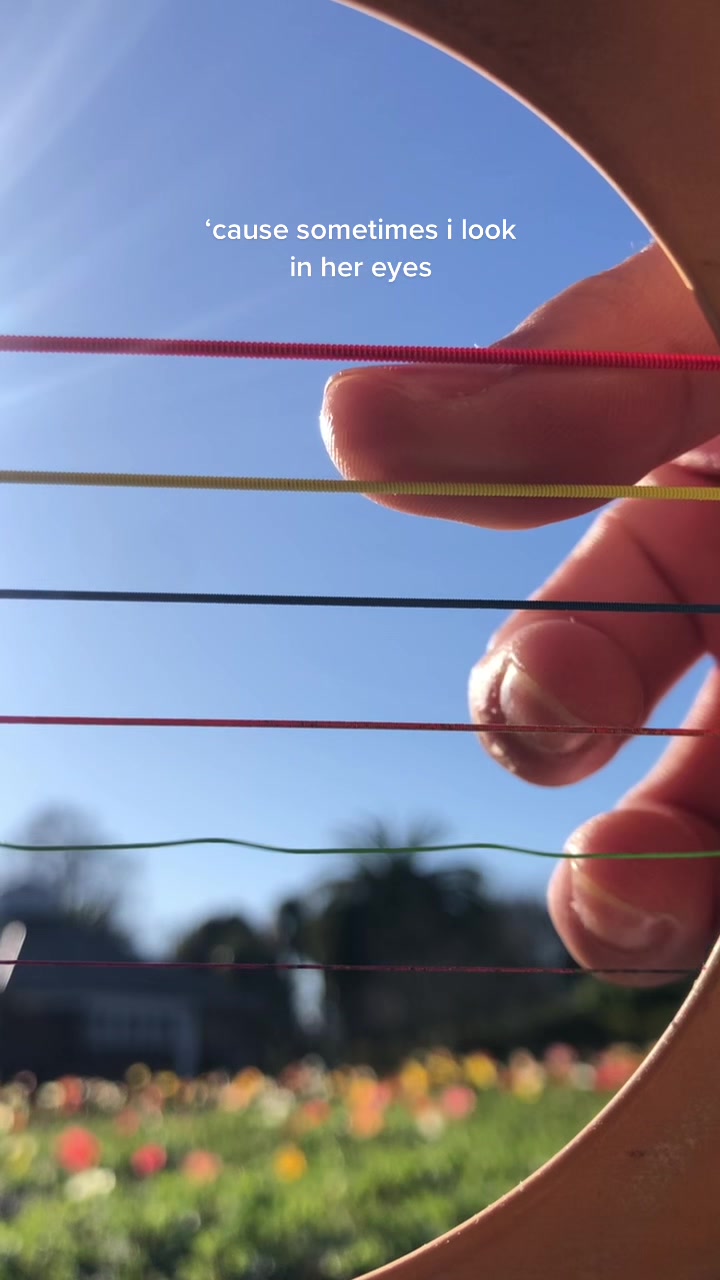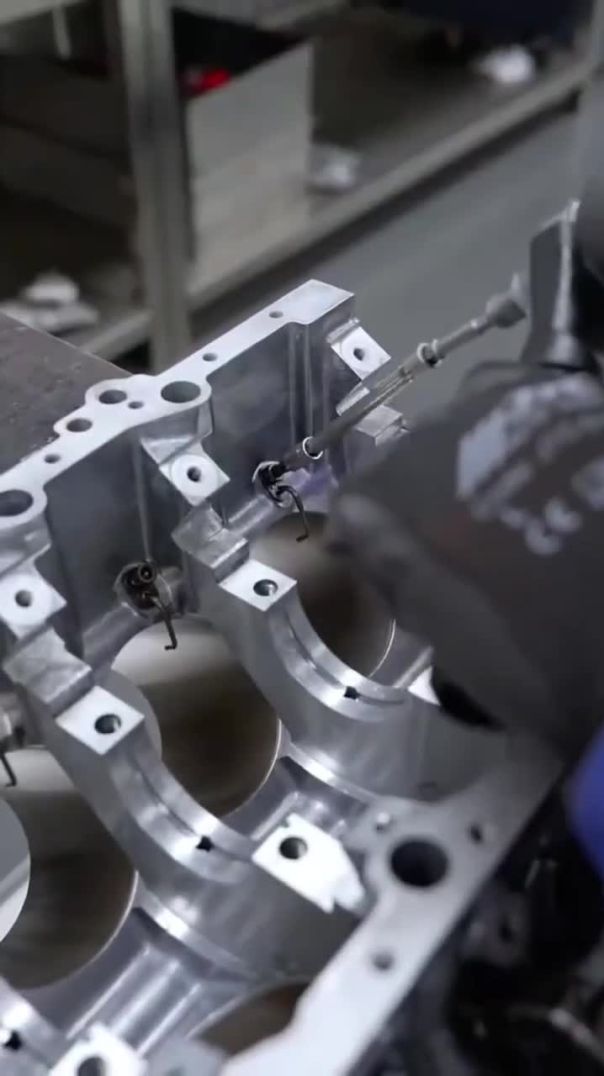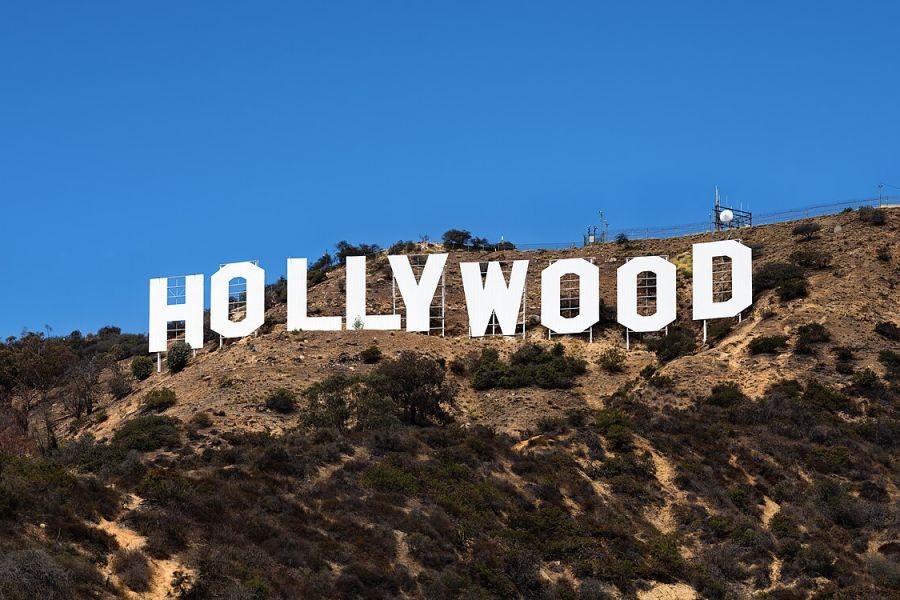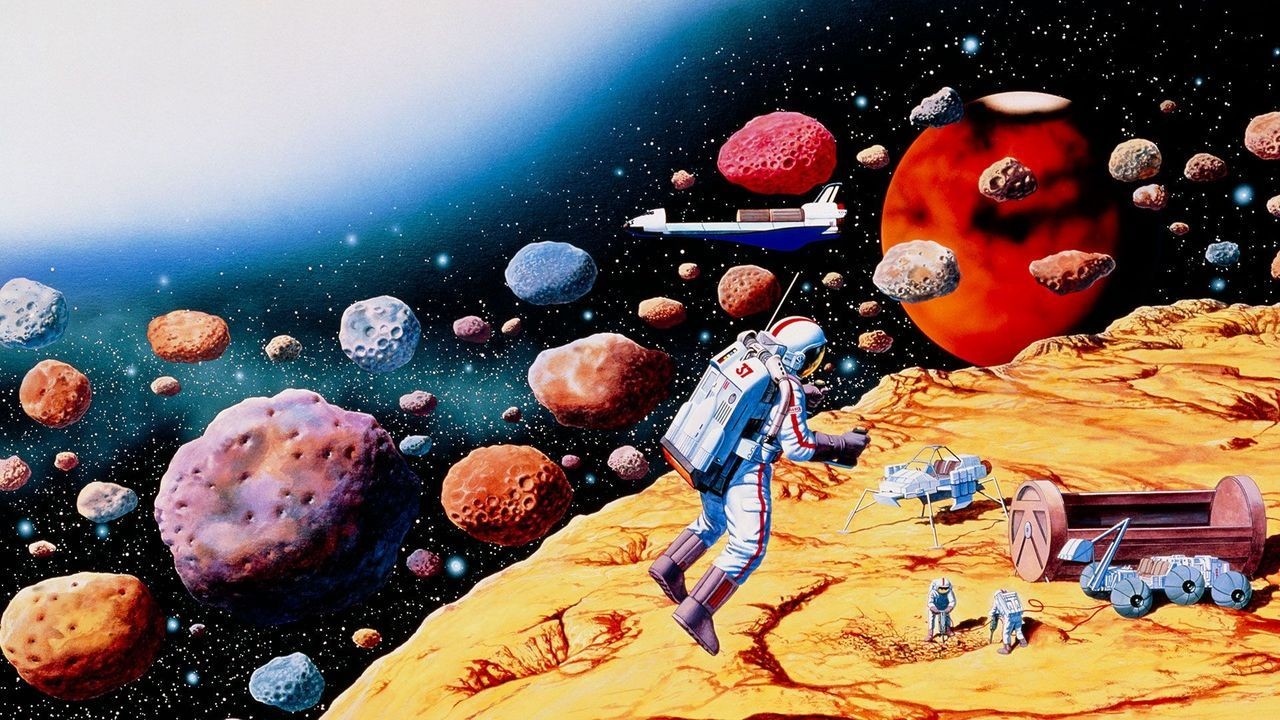In recent years, the term "Hollywood of the South" has emerged as a metaphorical beacon for regions aiming to become the next global hub for film and television production. While New Zealand has long been celebrated for its cinematic landscapes, courtesy of films like "The Lord of the Rings" and "The Hobbit," its potential to evolve into a broader entertainment industry powerhouse remains a topic of interest. But what exactly does it mean to be the "Hollywood of the South," and how can New Zealand leverage this trend to benefit its economy?
The Evolution of the "Hollywood of the South" Label
The "Hollywood of the South" label is often attributed to areas that have seen significant growth in their film production capabilities, rivaling the traditional Hollywood in Los Angeles. This evolution can be traced back to several factors, including tax incentives, technological advancements, and a burgeoning pool of local talent. For instance, Georgia in the United States has adopted this moniker due to its favorable tax breaks and investments in infrastructure, which have attracted numerous high-profile productions.
New Zealand's Cinematic Landscape
New Zealand's film industry is a testament to the power of strategic investment and natural beauty. According to the New Zealand Film Commission, the film and TV industry contributes over NZD 3 billion annually to the economy. The country's unique landscapes and skilled workforce have made it a desirable location for international filmmakers. However, to become a true "Hollywood of the South," New Zealand must deepen its industry capabilities beyond location appeal.
Key Factors Driving the Hollywood of the South Phenomenon
The transformation into a film industry hub involves more than scenic locales. It demands a comprehensive ecosystem that includes:
- Incentives: Tax rebates and grants can significantly reduce production costs, making a location more attractive. New Zealand offers up to a 25% rebate on qualifying productions, which has been pivotal in attracting international projects.
- Infrastructure: Robust infrastructure, including state-of-the-art studios and post-production facilities, is crucial. The Weta Workshop in Wellington is an example of how New Zealand is already a leader in special effects and post-production.
- Talent Development: Investing in local talent ensures a sustainable industry. New Zealand boasts a rich pool of actors, directors, and crew, bolstered by educational programs from institutions like the University of Auckland.
Case Study: Georgia, USA
Problem: Georgia aimed to diversify its economy and attract new industries. The state faced challenges such as high unemployment rates and dependence on traditional sectors.
Action: In 2008, Georgia introduced the Entertainment Industry Investment Act, offering a tax credit of up to 30% for film production expenses.
Result: Within a decade, Georgia became a leading film production hub, with an economic impact of USD 9.5 billion as reported by the Georgia Department of Economic Development.
Takeaway: Strategic incentives and infrastructure development can transform a region into a film industry powerhouse.
Challenges and Opportunities for New Zealand
While New Zealand has made strides in attracting international productions, there are challenges to address:
- Competition: Other regions are also vying for the "Hollywood of the South" title, often offering more aggressive incentives.
- Infrastructure Limitations: Although New Zealand has renowned post-production capabilities, expanding studio facilities could further support large-scale productions.
- Funding: Ensuring consistent funding for local productions is crucial for nurturing homegrown stories and talent.
Pros and Cons of New Zealand's Film Industry Aspirations
While the potential is vast, it's essential to weigh the pros and cons:
Pros:
- Economic Growth: Expanding the film industry can boost GDP and create jobs.
- Tourism Boost: Film-induced tourism can enhance New Zealand's appeal as a travel destination.
- Global Recognition: Increased production can elevate New Zealand's status on the global entertainment stage.
Cons:
- Resource Allocation: Significant investment is required, which may divert funds from other sectors.
- Environmental Impact: Increased productions could strain natural resources and landscapes.
- Market Saturation: Relying too heavily on international productions may overshadow local narratives.
Debunking Myths about New Zealand's Film Industry
As New Zealand aspires to be the "Hollywood of the South," several myths persist:
- Myth: "Only big-budget films are shot in New Zealand." Reality: Independent films and TV series also benefit from New Zealand's diverse landscapes and incentives.
- Myth: "New Zealand's film industry is solely location-based." Reality: With companies like Weta Digital, New Zealand is a leader in visual effects and animation.
- Myth: "Local talent is limited." Reality: New Zealand's educational institutions are producing a new generation of filmmakers and technicians, ensuring a steady talent pipeline.
Future Trends and Predictions
Looking ahead, New Zealand's film industry is poised for growth:
- Increased Domestic Productions: With governmental support, more local stories will be brought to the screen, enriching New Zealand's cultural tapestry.
- Technological Innovations: Advances in virtual reality and digital effects will solidify New Zealand's status as a leader in film technology.
- Global Collaborations: Partnerships with international studios will expand opportunities and increase New Zealand's global footprint.
Conclusion
New Zealand stands at a crossroads, with the potential to redefine itself as the "Hollywood of the South." By capitalizing on its strengths in natural beauty, talent, and technological innovation, and addressing existing challenges, New Zealand can transform its film industry into a major economic driver. What steps should New Zealand take next to realize this vision? Share your thoughts and join the conversation!
People Also Ask
- How does becoming the 'Hollywood of the South' impact New Zealand's economy? By attracting international productions, New Zealand can boost its economy, create jobs, and enhance its global cultural influence.
- What are the biggest misconceptions about New Zealand's film industry? A common myth is that only large productions shoot in New Zealand, but the reality is that it supports diverse projects from indie films to international blockbusters.
- What strategies can New Zealand adopt to enhance its film industry? Strengthening incentives, investing in infrastructure, and fostering local talent development are key strategies for growth.
Related Search Queries
- New Zealand film industry growth
- Hollywood of the South locations
- Film production incentives in New Zealand
- Impact of the film industry on New Zealand's economy
- New Zealand film tourism

































AelyaCaban
6 months ago